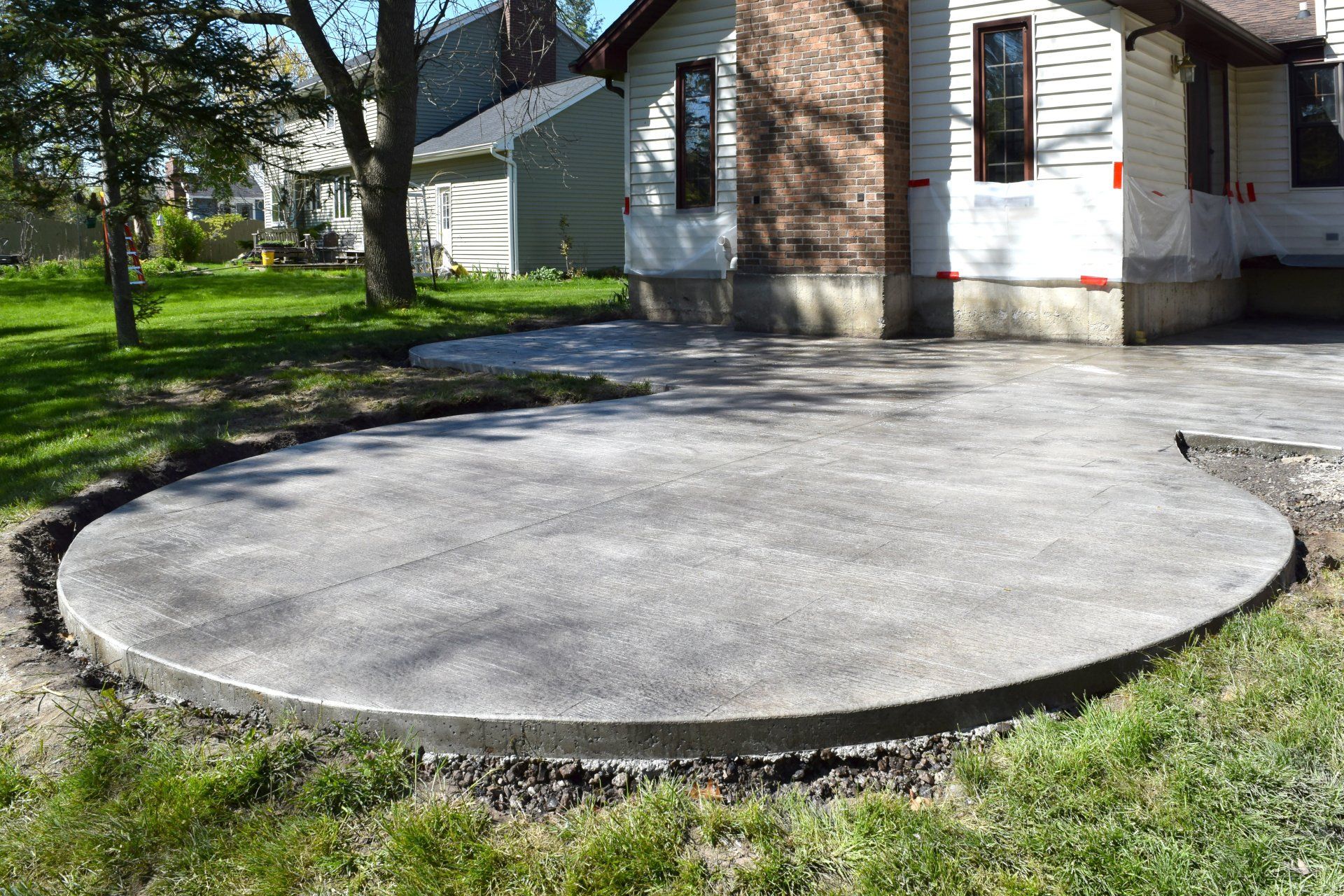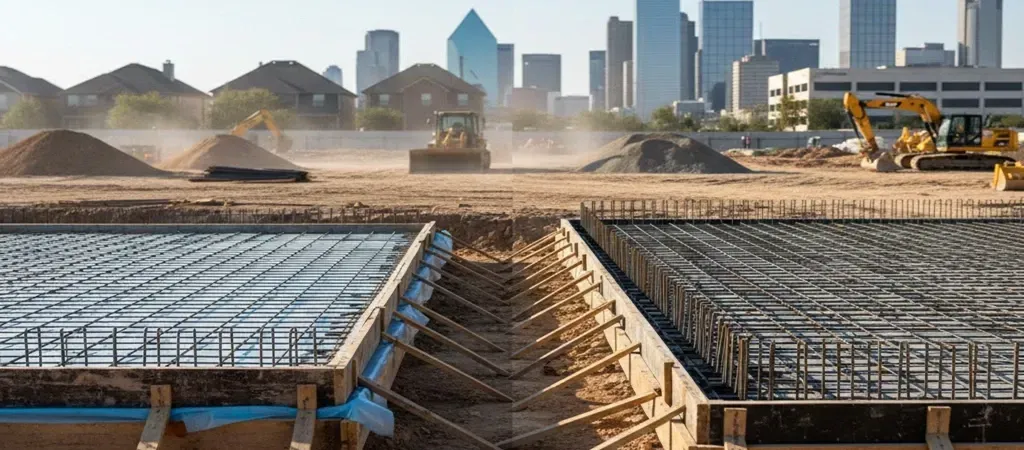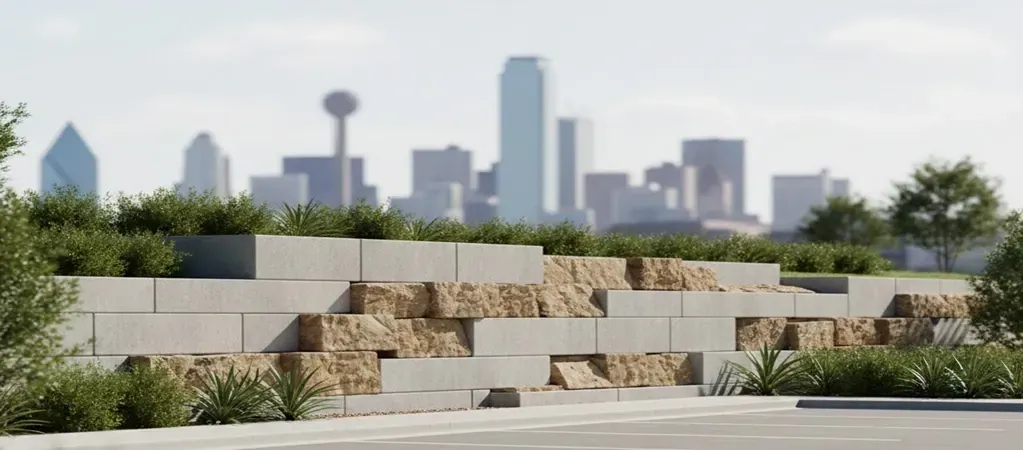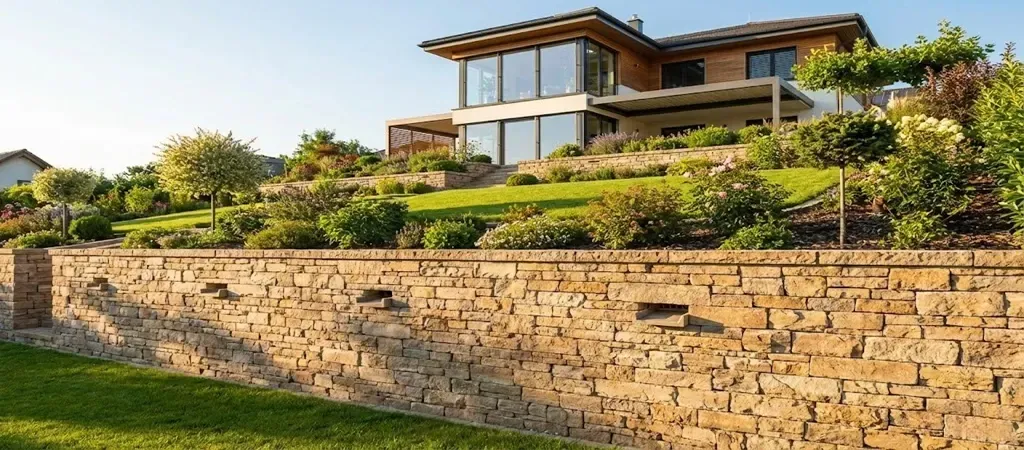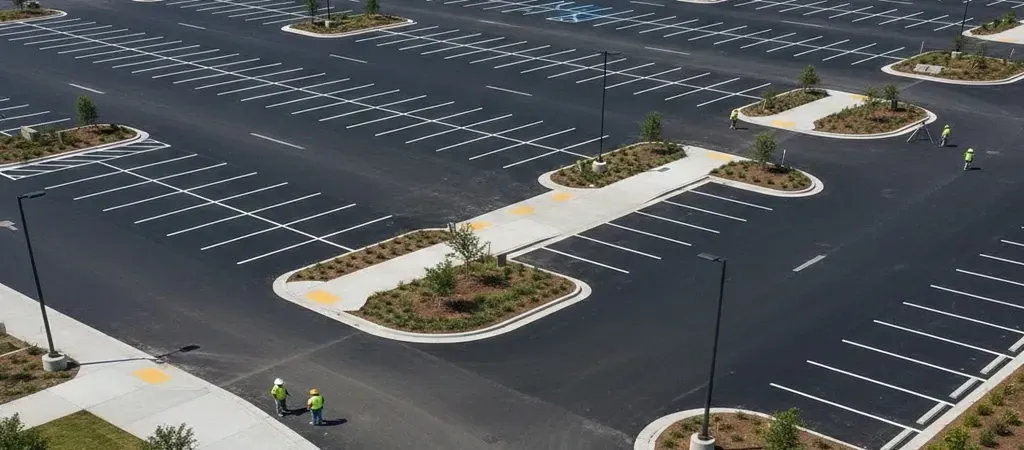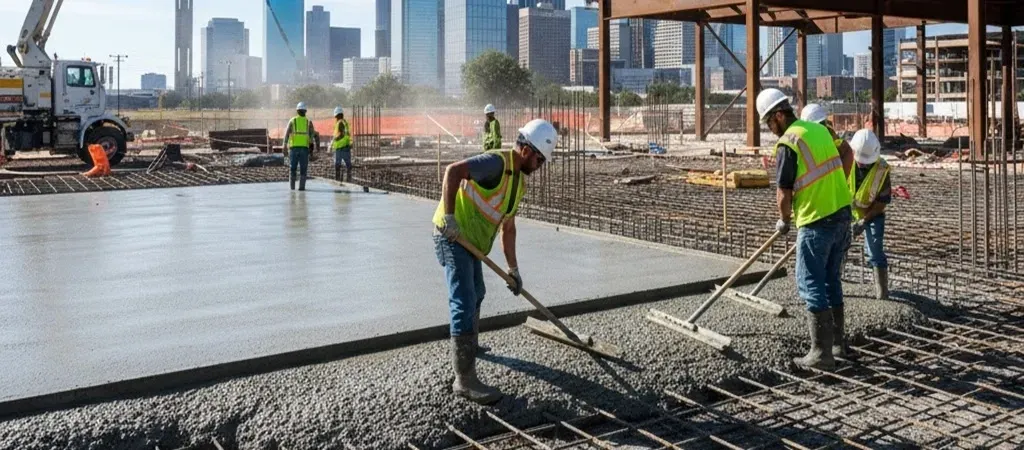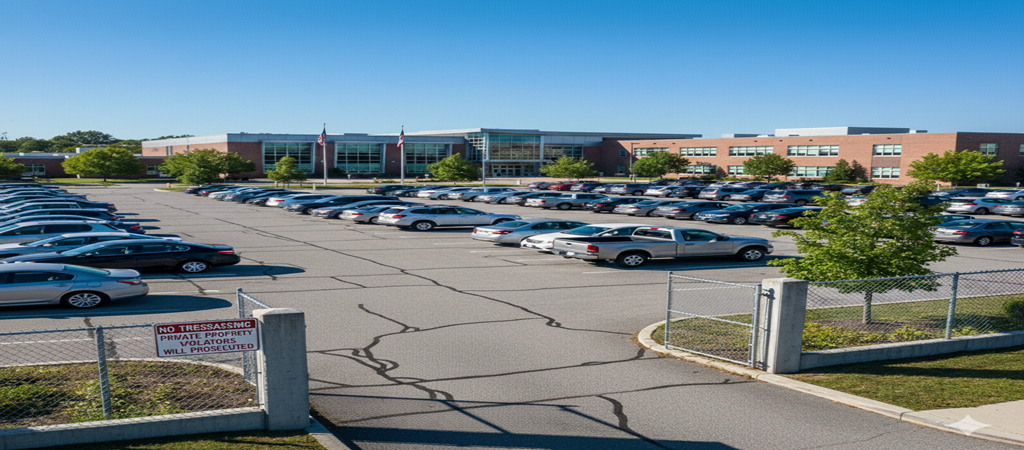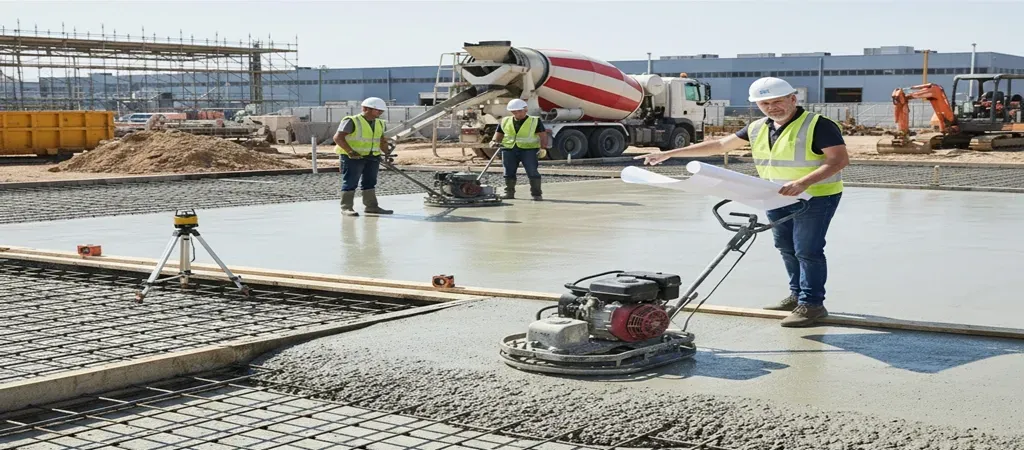Is It Cheaper To Build A Wood Deck Or Pour Concrete
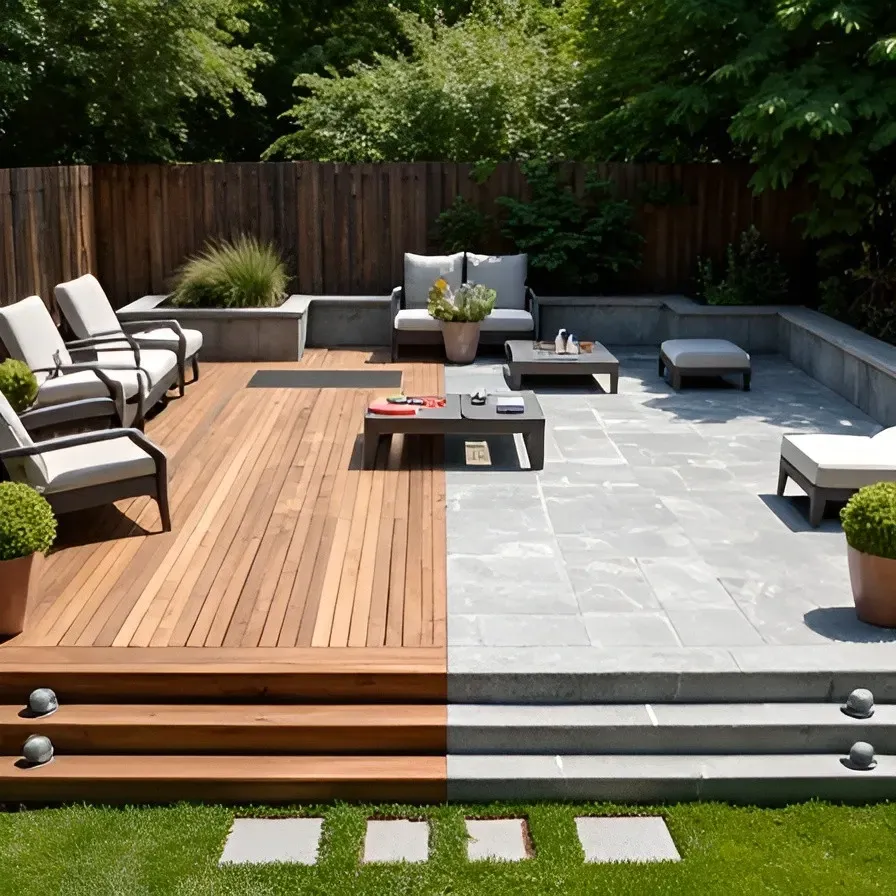
Decks and patios are what add beauty to our homes. Finely constructed flooring is eye-catching. It is a great way to entertain guests in your home. If you have excess space and you're wondering what to turn it into, try constructing a deck or patio. You can make beautiful memories with your family and friends.
Another importance of considering having a deck or patio is the value. It adds tremendous value to your home or property. In the future, if you're considering selling or renting your property, it can prove as an improvement for your homes. Decks and patios are built with different materials. The most common types are wood and concrete. Which would suit your needs best? Let's find out.
What Is A Wood Deck?
A wood deck is a constructed platform above the ground. It gets support from posts, and you can easily access it with a staircase. In some cases, you can raise your wood deck with a joist. A wood deck comprises different kinds of wood: redwood decking, cedar decking, and pressure-treated lumber decking.
What Is Pour Concrete?
A pour concrete is a concrete mix that undergoes pouring, molding, and curing. Pouring concrete is a common procedure in concrete construction. However, it is a suitable building material for constructing patios. Pour concrete is highly durable. Pouring concrete over your outdoor flooring is a great way to create your style.
There are arguments over these two building materials based on their cost. Keep reading as we uncover some of these factors.
Which Is Cheaper Between A Wood Deck And A Pour Concrete?
Both wood decks and pouring concrete are reliable materials. However, one of them might not be budget-friendly. The cost depends on many factors. We shall discuss a few of these factors.
Installation
Installing a wooden deck is difficult compared to pouring concrete. Different structures have to be in place to support the wood decking. For a wood deck, you have to double the foundation. Even if you have a rough ground, a deck can help even it out. Top professionals mostly handle the installation process of wood decking.
On the other hand, installing poured concrete doesn't cost as much as constructing a wood deck.
Professionals do not charge much for this service. It is much cheaper because it is a straightforward process. Since they are directly installed on the ground, they do not need much support.
Maintenance
Another thing to consider, which is cheaper between a wood deck or pouring concrete for your patio, is maintenance. Maintaining both floors is not an easy task. A wood deck requires power washing at least three to four times a year.
Decks need re-sealing annually to maintain their shine. If your wood deck is not cleaned regularly, it may begin to fade and wear over time. Since the wood deck is made from wood, termites are one of its worse enemies.
If a wood deck does not go through proper power washing, it will rot. Once it gets infested with termites, holes begin to form on its surface. These processes are hard to maintain. It is twice the maintenance of pour concrete.
A poured concrete, on the other hand, requires less maintenance. You can easily clean your patios with a hose. Afterward, you can go over your work or activity. It doesn't need regular maintenance because concrete is a sturdy material. Also, It does not fall prey to insect infestation; insects can't survive on concrete.
Durability
Regardless of the low cost of maintaining a concrete floor, it is the most sturdy and durable flooring material. It is not easily destructible compared to a wood deck. The life expectancy of a pour concrete floor is more than 20 years if properly maintained. Wood decking may not be as strong as poured concrete. The life span of a wood deck is 5 to 10 years.
Conclusion
Both a wood deck and poured concrete are suitable building materials. However, from the explanation above, poured concrete is cheaper than a wood deck in maintenance, installation, and durability. There are other factors, but these few are relevant for the scope of the article.
